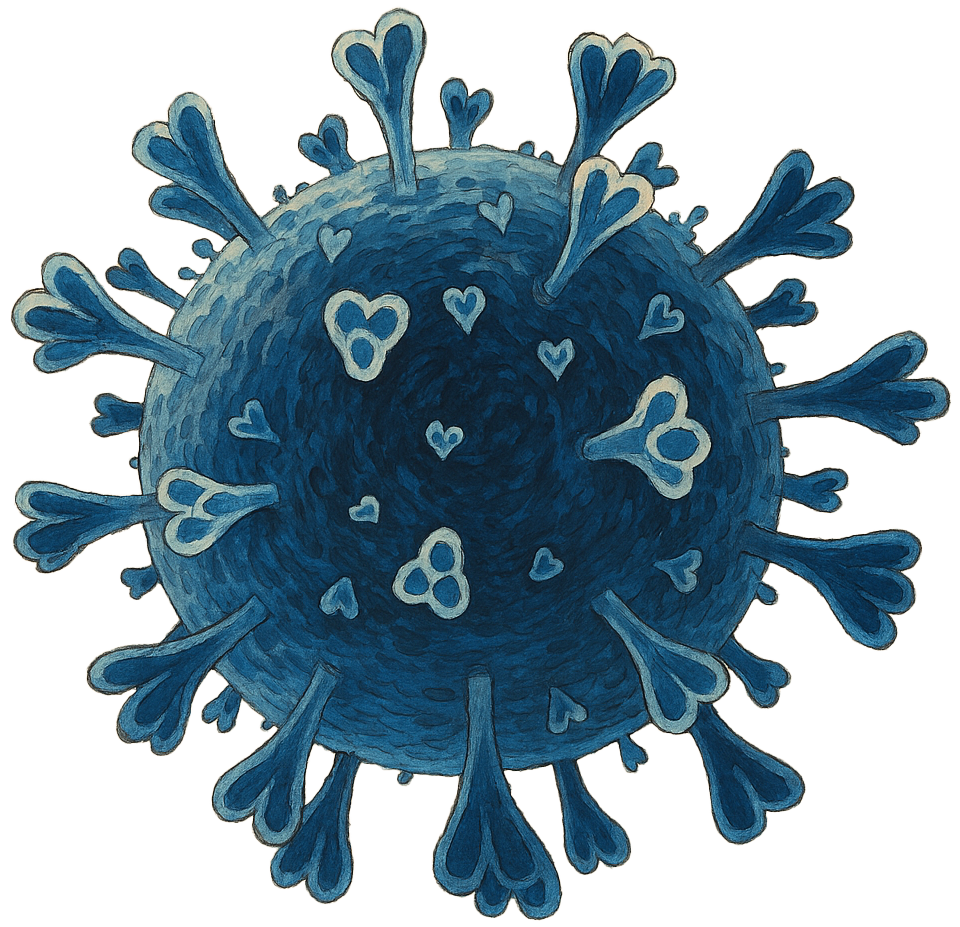Zafirlukast for COVID-19

COVID-19 involves the interplay of over 100 viral and host proteins and factors providing many therapeutic targets.
Scientists have proposed over 9,000 potential treatments.
c19early.org analyzes
130+ treatments.
, Artificial intelligence-aiding lab-on-a-chip workforce designed oral [3.1.0] bi and [4.2.0] tricyclic catalytic interceptors inhibiting multiple SARS-CoV-2 protomers assisted by double-shell deep learning, RSC Advances, doi:10.1039/d4ra03965c
Deep learning-integrated lab-on-a-chip in designing oral [3.1.0] bi and [4.2.0] tricyclic interceptors inhibiting multiple SARS-CoV-2 protomers.
, Discovery of SARS-CoV-2 antiviral synergy between remdesivir and approved drugs in human lung cells, bioRxiv, doi:10.1101/2020.09.18.302398
The SARS coronavirus 2 (SARS-CoV-2) has caused an ongoing global pandemic with currently 29 million confirmed cases and close to a million deaths. At this time, there are no FDA-approved vaccines or therapeutics for COVID-19, but Emergency Use Authorization has been granted for remdesivir, a broad-spectrum antiviral nucleoside analog. However, remdesivir is only moderately efficacious against SARS-CoV-2 in the clinic, and improved treatment strategies are urgently needed. To accomplish this goal, we devised a strategy to identify compounds that act synergistically with remdesivir in preventing SARS-CoV-2 replication. We conducted combinatorial high-throughput screening in the presence of submaximal remdesivir concentrations, using a human lung epithelial cell line infected with a clinical isolate of SARS-CoV-2. We identified 20 approved drugs that act synergistically with remdesivir, many with favorable pharmacokinetic and safety profiles. Strongest effects were observed with established antivirals, Hepatitis C virus nonstructural protein 5 A (HCV NS5A) inhibitors velpatasvir and elbasvir. Combination with their partner drugs sofosbuvir and grazoprevir further increased efficacy, increasing remdesivir’s apparent potency 25-fold. We therefore suggest that the FDA-approved Hepatitis C therapeutics Epclusa (velpatasvir/sofosbuvir) and Zepatier (elbasvir/grazoprevir) should be fast-tracked for clinical evaluation in combination with remdesivir to improve treatment of acute SARS-CoV-2 infections.
, Discovery of SARS-CoV-2 antiviral synergy between remdesivir and approved drugs in human lung cells, Scientific Reports, doi:10.1038/s41598-022-21034-5
AbstractSARS coronavirus 2 (SARS-CoV-2) has caused an ongoing global pandemic with significant mortality and morbidity. At this time, the only FDA-approved therapeutic for COVID-19 is remdesivir, a broad-spectrum antiviral nucleoside analog. Efficacy is only moderate, and improved treatment strategies are urgently needed. To accomplish this goal, we devised a strategy to identify compounds that act synergistically with remdesivir in preventing SARS-CoV-2 replication. We conducted combinatorial high-throughput screening in the presence of submaximal remdesivir concentrations, using a human lung epithelial cell line infected with a clinical isolate of SARS-CoV-2. This identified 20 approved drugs that act synergistically with remdesivir, many with favorable pharmacokinetic and safety profiles. Strongest effects were observed with established antivirals, Hepatitis C virus nonstructural protein 5A (HCV NS5A) inhibitors velpatasvir and elbasvir. Combination with their partner drugs sofosbuvir and grazoprevir further increased efficacy, increasing remdesivir’s apparent potency > 25-fold. We report that HCV NS5A inhibitors act on the SARS-CoV-2 exonuclease proofreader, providing a possible explanation for the synergy observed with nucleoside analog remdesivir. FDA-approved Hepatitis C therapeutics Epclusa® (velpatasvir/sofosbuvir) and Zepatier® (elbasvir/grazoprevir) could be further optimized to achieve potency and pharmacokinetic properties that support clinical evaluation in combination with remdesivir.
, Repurposing FIASMAs against Acid Sphingomyelinase for COVID-19: A Computational Molecular Docking and Dynamic Simulation Approach, Molecules, doi:10.3390/molecules28072989
Over the past few years, COVID-19 has caused widespread suffering worldwide. There is great research potential in this domain and it is also necessary. The main objective of this study was to identify potential inhibitors against acid sphingomyelinase (ASM) in order to prevent coronavirus infection. Experimental studies revealed that SARS-CoV-2 causes activation of the acid sphingomyelinase/ceramide pathway, which in turn facilitates the viral entry into the cells. The objective was to inhibit acid sphingomyelinase activity in order to prevent the cells from SARS-CoV-2 infection. Previous studies have reported functional inhibitors against ASM (FIASMAs). These inhibitors can be exploited to block the entry of SARS-CoV-2 into the cells. To achieve our objective, a drug library containing 257 functional inhibitors of ASM was constructed. Computational molecular docking was applied to dock the library against the target protein (PDB: 5I81). The potential binding site of the target protein was identified through structural alignment with the known binding pocket of a protein with a similar function. AutoDock Vina was used to carry out the docking steps. The docking results were analyzed and the inhibitors were screened based on their binding affinity scores and ADME properties. Among the 257 functional inhibitors, Dutasteride, Cepharanthine, and Zafirlukast presented the lowest binding affinity scores of −9.7, −9.6, and −9.5 kcal/mol, respectively. Furthermore, computational ADME analysis of these results revealed Cepharanthine and Zafirlukast to have non-toxic properties. To further validate these findings, the top two inhibitors in complex with the target protein were subjected to molecular dynamic simulations at 100 ns. The molecular interactions and stability of these compounds revealed that these inhibitors could be a promising tool for inhibiting SARS-CoV-2 infection.
Please send us corrections, updates, or comments.
c19early involves the extraction of 100,000+ datapoints from
thousands of papers. Community updates
help ensure high accuracy.
Treatments and other interventions are complementary.
All practical, effective, and safe
means should be used based on risk/benefit analysis.
No treatment or intervention is 100% available and effective for all current
and future variants.
We do not provide medical advice. Before taking any medication,
consult a qualified physician who can provide personalized advice and details
of risks and benefits based on your medical history and situation. IMA and WCH
provide treatment protocols.
Thanks for your feedback! Please search before submitting papers and note
that studies are listed under the date they were first available, which may be
the date of an earlier preprint.
